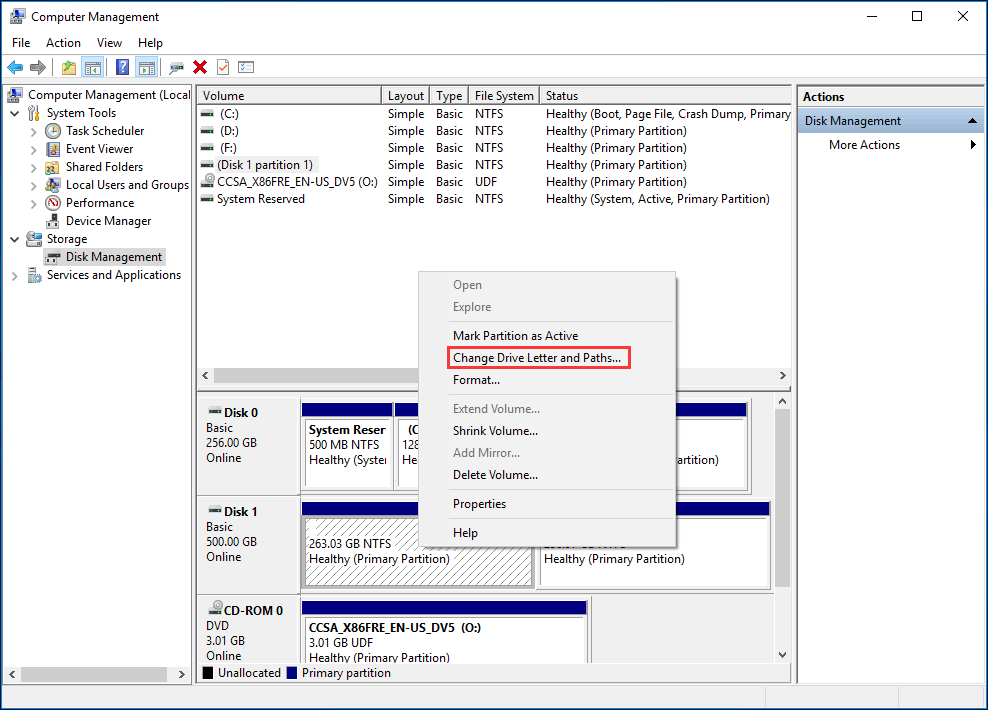
When you delete a file from your computer, it’s not actually physically deleted from the media (whether it be an SSD or HDD) – the space is simply marked as empty by the operating system, and next time the OS wants to use that space it’s overwritten. To understand why TRIM is important, you need some background information on how SSDs handle file deletion different than a mechanical hard drive. TRIM is hands down the most important thing when it comes to preventing performance degradation over time as well as keeping the flash memory (aka NAND) inside your SSD in good condition.

In theory, the SSD should simply become read-only, but in real life I’ve never seen this happen, and instead the data is simply gone, that’s why it’s so important you read on (and no matter what, have a backup!) While this specific premature failure was due to poor quality components and/or lacking quality control, not wearing out, an SSD that has reached the end of its lifespan will usually fail similarly, with no warning. My point? Often times, mechanical hard drives show some warning signs prior to failure, such as clicking noises, excessive vibration, etc, SSDs simply die. Well, with just a few hours of use on it, it simply died with no warning – the ThinkPad froze, and upon rebooting the SSD was simply gone, and instead of showing up in the BIOS as the Patriot model it previous was, it simply showed up as PS3109S9, which was the type of controller it used. I ran a few benchmarks on it, and put it into service into a secondary laptop of mine. Recently I purchased a brand new Patriot Torch 60GB.


 0 kommentar(er)
0 kommentar(er)
